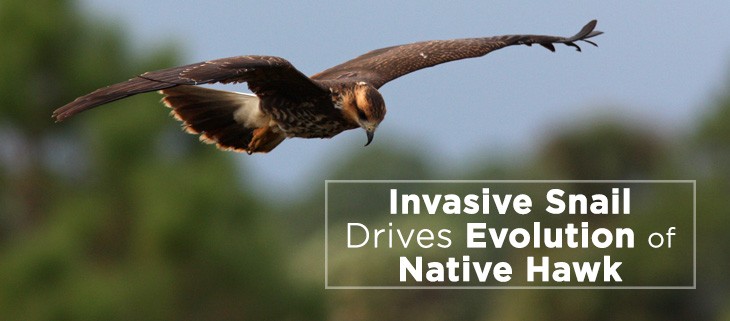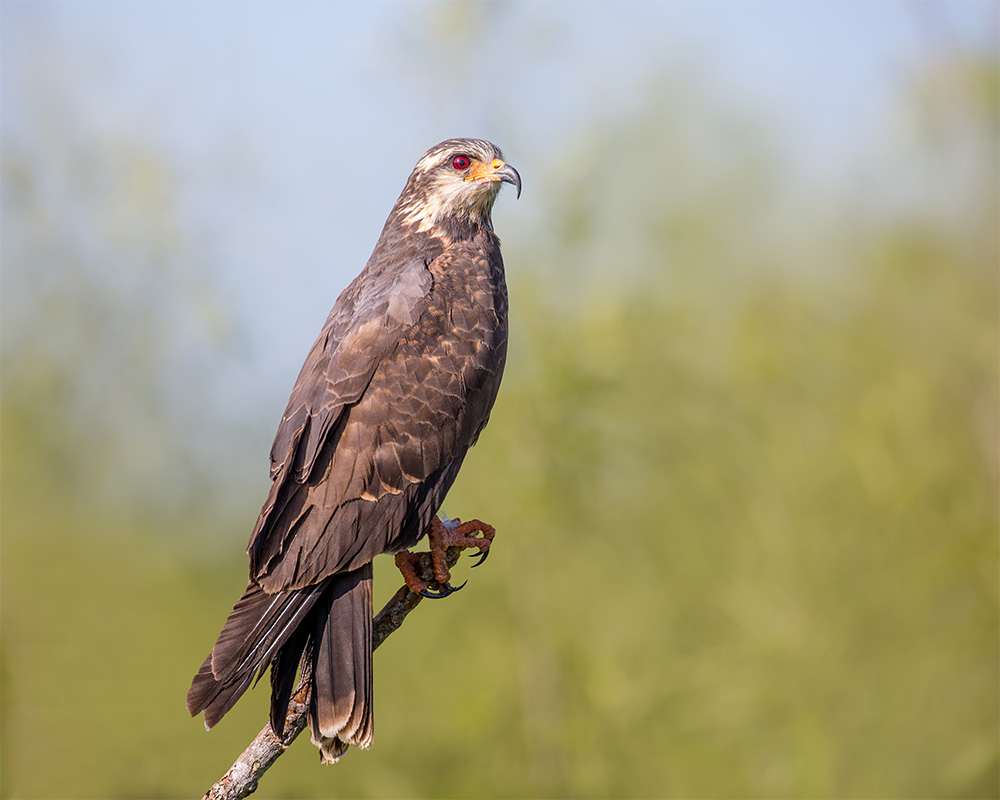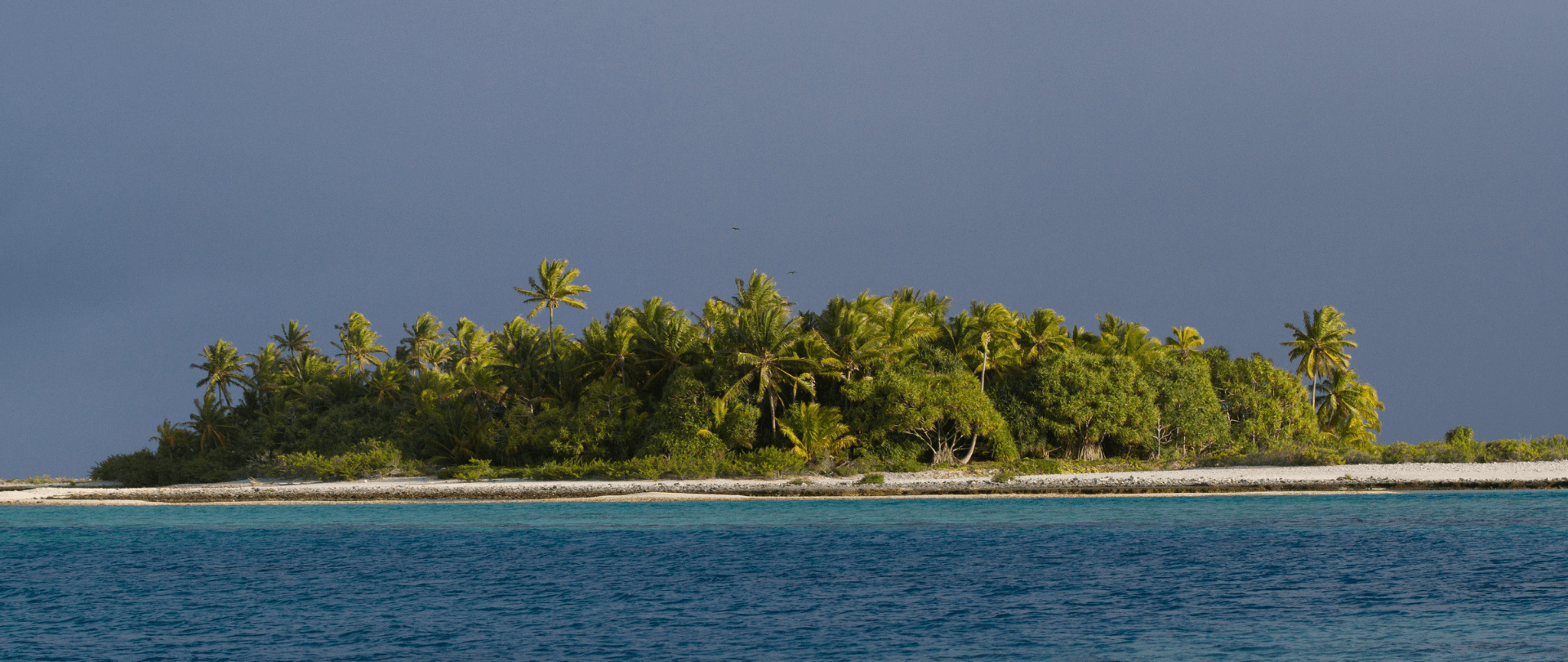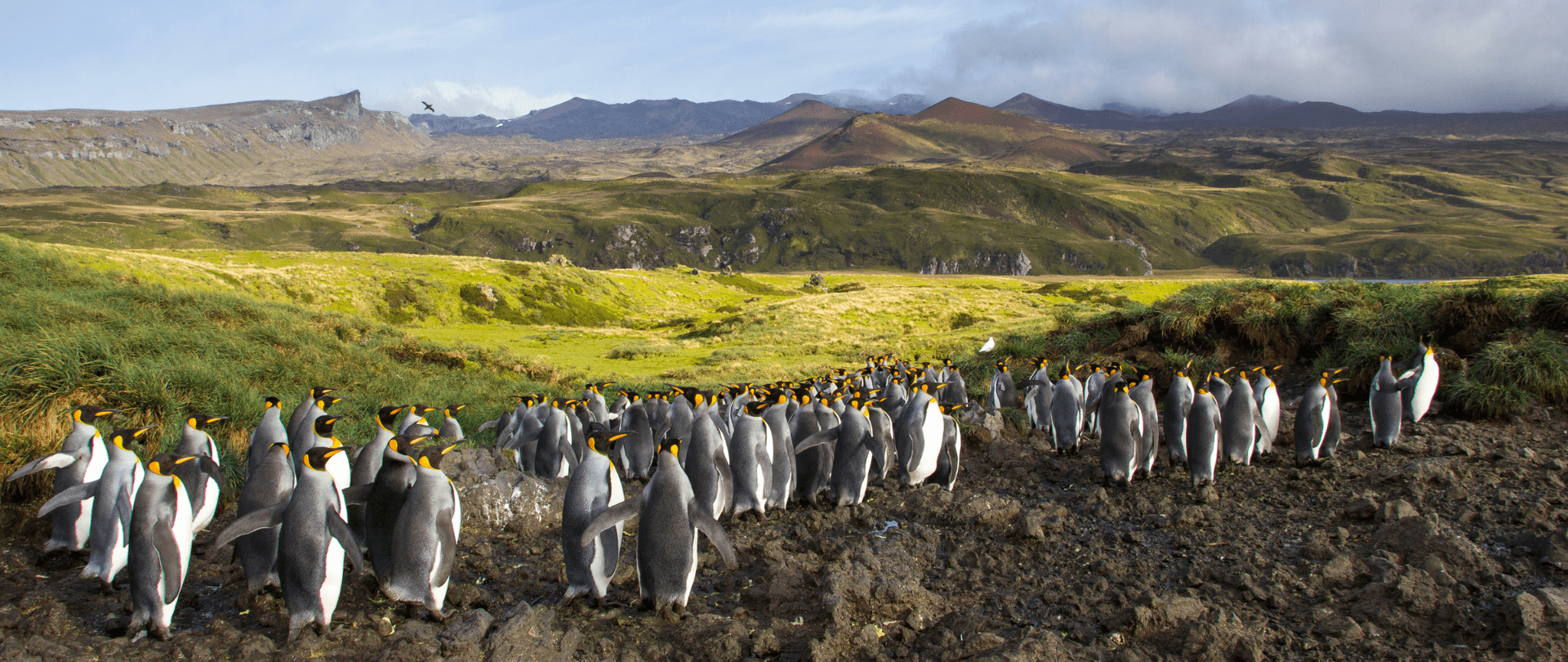The Ebiil Society: Champions of Palau
Ann Singeo, founder of our partner organization the Ebiil Society, shares her vision for a thriving Palau and a flourishing world of indigenous science!
Our new online shop is live!
Published on
December 6, 2017
Written by
Emily Heber
Photo credit
Emily Heber

What happens when an invasive species makes for a better food source than a native species?
The Island Apple Snail, an invasive species, is turning out to be great prey for the Endangered Snail Kite. Snail Kites are native to regions across the globe, but the population native to Florida and Cuba is federally listed as Endangered. The native birds have evolved over mere decades to eat this invasive snail, and researchers are faced with an interesting dilemma of how to save the Snail Kite while removing the invasive snail.

Snail Kites normally eat small, native snails that live in the freshwater marshes of Florida, but the introduction of the much larger invasive Island Apple Snail in the 1990s has changed how the Kite hunts. Over the past decade, researchers have observed Snail Kites eating these larger invasive snails. Robert Fletcher, Associate Professor in the UF/IFAS Department of Wildlife Ecology and Conservation explained:
Beak size had been increasing every year since the invasion of the snail from about 2007…At first, we thought the birds were learning how to handle snails better or perhaps learning to forage on the smaller, younger individual snails. We needed to know if the birds had evolved or if they had just learned to handle the snails better.

Along with eating these larger snails, the population of Snail Kites began to rebound and juveniles began to survive at a higher rate than previously observed. Researchers found that the birds with bigger beaks were better adapted to catching the larger invasive snail, and their success continued as their large-bill traits were passed to offspring. Fletcher commented:
We found that beak size had a large amount of genetic variance and that more variance happened post-invasion of the Island Apple Snail. This indicates that genetic variations may spur rapid evolution under environmental change.
Although the invasive snail has played a large role in the growing success of the species, researchers are concerned because the Island Apple Snail is overall damaging to the large majority of the ecosystem’s native species. Researchers feel that although the Kite seems to be thriving, additional conservation measures need to be put in place to support the native bird and remove the invasive snail.
Featured Photo: Snail Kite soars above the trees. Credit: Dan Irizarry
Source: Morning Ag Clips
Check out other journal entries we think you might be interested in.

Ann Singeo, founder of our partner organization the Ebiil Society, shares her vision for a thriving Palau and a flourishing world of indigenous science!

This historic agreement aims to protect the marine and coastal areas of the Southeast Pacific.

Our projects to restore key islets in Nukufetau Atoll forecast climate resilience and community benefits in Tuvalu!

Island Conservation and partners have published a new paper quantifying ecosystem resilience on restored islands!

Climate Week NYC: what is it and why is it important? Read on to find out why Island Conservation is attending this amazing event!

With sea levels on the rise, how are the coastlines of islands transforming? Read on to find out how dynamic islands really are!

Join us in celebrating the most amazing sights from around the world by checking out these fantastic conservation photos!

Rare will support the effort to restore island-ocean ecosystems by engaging the Coastal 500 network of local leaders in safeguarding biodiversity (Arlington, VA, USA) Today, international conservation organization Rare announced it has joined the Island-Ocean Connection Challenge (IOCC), a global effort to…

Island Conservation accepts cryptocurrency donations. Make an impact using your digital wallet today!

For Immediate Release Conservation powerhouse BirdLife South Africa has joined the Island-Ocean Connection Challenge (IOCC) – a global initiative aiming to restore, rewild and protect islands, oceans and communities – to support its work to save internationally significant albatross populations…